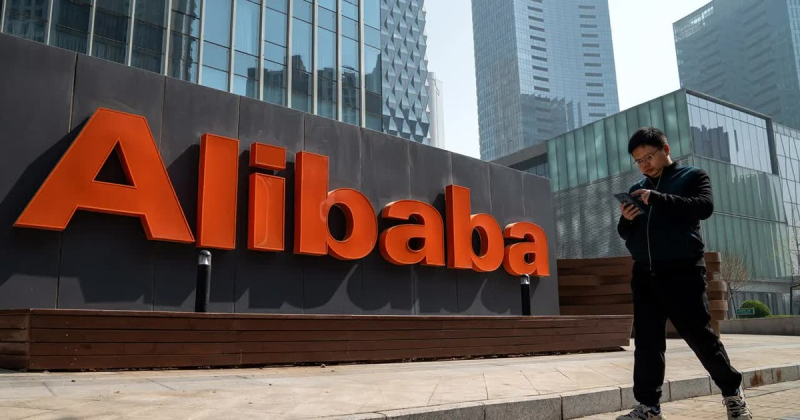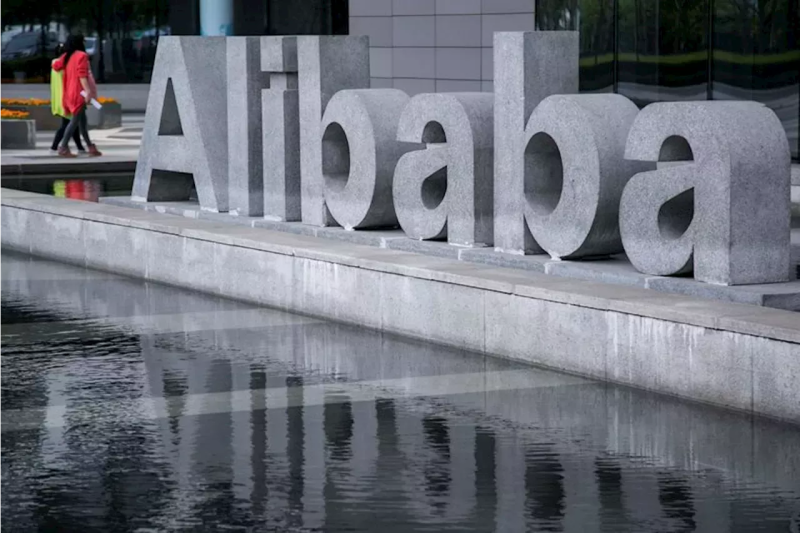Introduction: Understanding Alibaba’s Legal Battle

Alibaba, one of China’s most prominent e-commerce giants, has agreed to a substantial settlement of $433.5 million to resolve a shareholder lawsuit accusing the company of engaging in monopolistic practices. This settlement comes as Alibaba continues to navigate regulatory scrutiny, not only domestically but also on the international stage. The lawsuit, which has been ongoing, marks a significant event in the company’s history, highlighting the regulatory challenges faced by large tech companies in today’s competitive and scrutinized markets.
Background: The Monopoly Allegations Against Alibaba
Alibaba faced accusations from shareholders of monopolistic behavior, which they claimed harmed the company’s reputation and, by extension, its stock value. These allegations centered around practices such as pressuring merchants to exclusively sell on Alibaba’s platforms instead of its competitors, a move seen by regulators as an attempt to stifle market competition. Because of such actions, Alibaba became a primary target for regulatory investigations, prompting the shareholders’ legal action against the company.
The Shareholders’ Concerns

The shareholders argued that Alibaba’s alleged monopolistic practices, while beneficial to its market share, posed long-term risks to the company’s financial health and reputation. As a result, these shareholders sought legal recourse, believing the company’s actions would have lasting negative impacts on their investments. This settlement now represents an attempt to address those concerns and mitigate the financial impacts they feared.
The Settlement Decision: $433.5 Million Payment
To resolve the lawsuit, Alibaba has agreed to pay $433.5 million, a sum intended to compensate shareholders for their losses. The decision to settle rather than continue the legal battle signals Alibaba’s intent to close this chapter, likely to refocus its energy and resources on business operations rather than protracted legal conflicts. Although the amount is substantial, the decision to settle may provide the company with more stability moving forward.
Alibaba’s Perspective on the Lawsuit
Alibaba, while agreeing to the settlement, has not admitted to any wrongdoing. The company has maintained that it operates within the boundaries of the law, serving customers, merchants, and shareholders ethically and competitively. However, this settlement allows Alibaba to avoid a lengthy court case that could potentially expose it to even greater scrutiny and financial liability.
Impact on Alibaba’s Business Operations

Despite the financial hit, Alibaba’s business operations may not be significantly impacted by the settlement. With its vast resources, Alibaba can absorb the cost, ensuring minimal disruption to its e-commerce, logistics, and cloud services. However, the settlement brings to light the risks of regulatory challenges, especially for tech companies that dominate significant portions of their respective markets.
Regulatory Climate: Challenges for Big Tech in China
Alibaba’s case is part of a larger trend in which Chinese regulatory bodies are increasing scrutiny over big tech companies to prevent monopolistic practices and ensure fair competition. In recent years, China’s antitrust regulations have intensified, targeting companies that exercise significant influence over the market. This climate not only affects Alibaba but also other major players like Tencent and Meituan, who must now navigate more complex regulatory requirements.
Broader Implications for Global Tech Giants

This settlement sends a strong message to other global tech companies operating in highly regulated environments. As governments worldwide clamp down on perceived monopolistic practices, companies such as Amazon, Google, and Facebook are likely observing these developments. Alibaba’s situation illustrates the potential consequences of monopolistic behavior, thereby encouraging a more cautious approach.
Looking Ahead: Alibaba’s Future Strategy

In light of this settlement, Alibaba may re-evaluate its market strategies to reduce the risk of further legal issues. By potentially diversifying its merchant agreements and fostering a more open marketplace, Alibaba could align itself more closely with regulatory expectations. This shift could help improve its public image, reassure investors, and protect it from future legal disputes.
Conclusion: A Strategic Move for Stability

Alibaba’s decision to settle this lawsuit for $433.5 million marks a strategic step toward stability amid regulatory pressures. Although costly, the settlement allows the company to move forward without the uncertainty of ongoing litigation. In a landscape where tech giants are increasingly held accountable, Alibaba’s move could serve as a blueprint for other companies facing similar challenges, highlighting the balance between growth, regulatory compliance, and shareholder interests.



